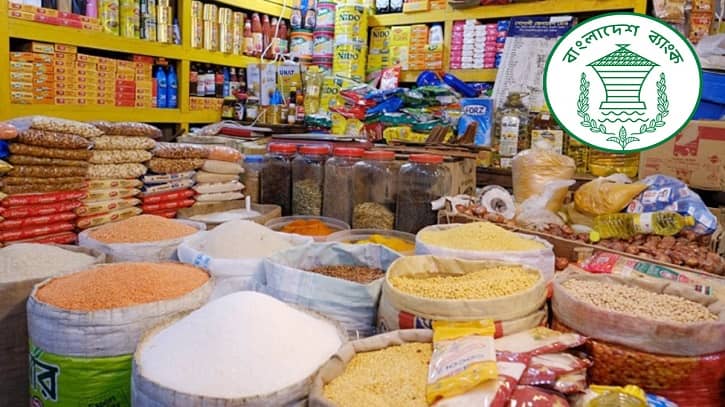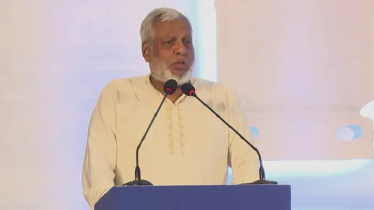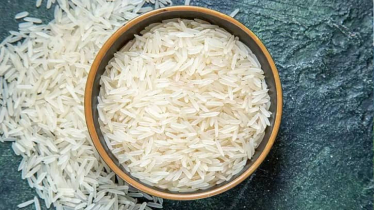
The Bangladesh Bank has directed the import of essential commodities in quantities exceeding usual demand to ensure sufficient market supply ahead of the holy month of Ramadan. The decision covers staple Ramadan items such as chickpeas, dates, lentils, onions, sugar, and edible oil, aiming to prevent any shortage or price hike during the fasting season.
Officials confirmed that commercial banks currently hold adequate foreign currency reserves, eliminating any concerns over dollar availability for importers.
Sources stated that import targets have been set above normal demand levels, allowing traders to sell surplus goods even after Ramadan if necessary.
Before departing for an overseas trip, Bangladesh Bank Governor Dr. Ahsan H. Mansur instructed relevant departments to ensure uninterrupted import procedures for Ramadan-related products. He also indicated that the central bank could temporarily halt its dollar purchase program if required to prioritize import needs. However, the program will continue if the foreign exchange market remains stable. So far in the 2025–26 fiscal year, the central bank has purchased around 2.5 billion dollars.
A senior central bank official, requesting anonymity, said, “Previously, the central bank had to assist with import payments due to the dollar shortage. Now, banks hold sufficient reserves on their own. This year, the governor has therefore instructed to import beyond the projected demand.”
On September 22, the central bank held a meeting with representatives of the country’s 20 leading importers to review commodity supply and market prices. During the meeting, the governor assured importers of necessary policy support and prompt resolution of tariff-related issues. Representatives from Meghna Group, TK Group, City Group, Bashundhara Group, Pran-RFL, Nabil Group, New Zealand Dairy, and Delta Agro Foods were present.
Agricultural economist Dr. Jahangir Alam Khan said, “The government has already reduced import duties on key Ramadan commodities, encouraging importers to bring in sufficient supplies. As a result, consumers are likely to experience stability in both prices and availability during the upcoming Ramadan.”





